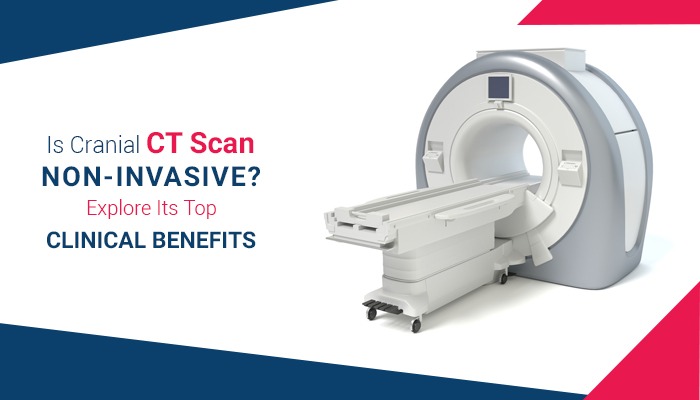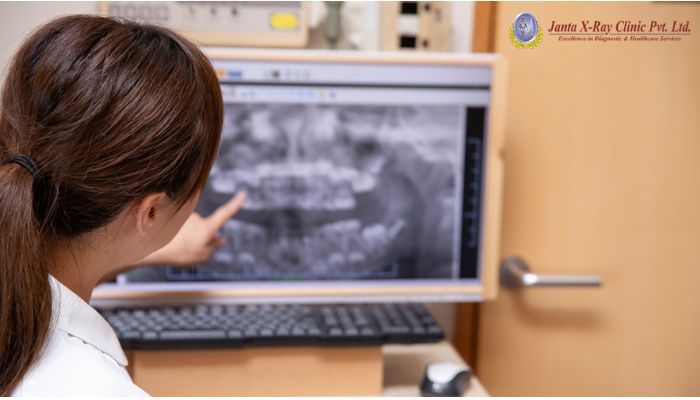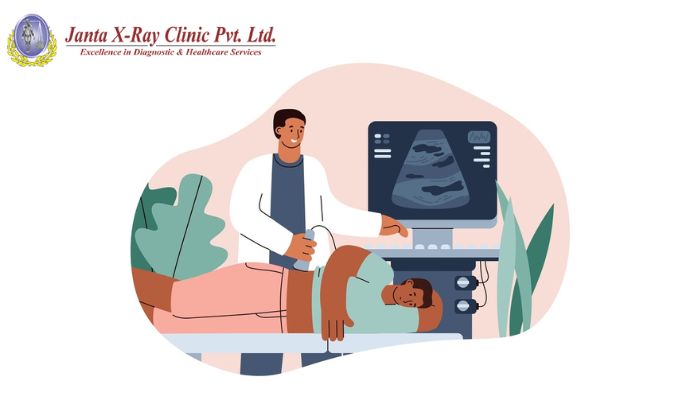Is Cranial CT Scan Non-Invasive? Explore Its Top Clinical Benefits

The Cranial CT imaging method is certainly non-invasive. It is painless and requires no extra recovery time. However, people still hesitate to get a cranial CT scan as they feel unsafe about this process. Keep reading to get a clear idea about this process and why doctors strongly recommend this imaging method instead of other popular medical scanning techniques.
What is Cranial CT?
A cranial computed tomography, also known as a CAT scan, is a diagnostic tool that captures cross-sectional images inside the head. It takes detailed pictures of the skull, brain, ventricles, paranasal sinuses, and eye sockets. As a result, a CAT scan is also known as a brain scan, skull scan, head scan, and sinus scan.
How is A CAT scan performed?
A CAT scanning procedure involves X-ray machines and computers. The scanner captures a series of X-rays and displays them on the computer screen attached to the machine. These images help doctors to detect and diagnose the problem in a short time.
At the very beginning of the scanning process, the radiologists take a brief idea about the patient's health condition. This is because some people find the process claustrophobic. Radiologists provide a mild sedative to them so that they can remain stress-free. This step is very important whether it is a CAT with or without a contrast.
Once the patient is ready for the cranial CT scan, they are asked to remove every metallic item and medication patches from the body. Such as – jewelry, watches, piercing, hairpins, hearing aids, nicotine patches, and other medication patches. No matter what type of scan you want to perform, these metallic objects may hinder the X-ray process and damage the scanner. Therefore, it is important to eliminate them at the initial stage.
The entire CAT scanning process requires a maximum of 15 minutes to complete. The best thing is it neither requires much preparation nor requires enough time to display the scanned images.
Many path labs or outpatient imaging centers conduct this scanning procedure. You just need to search for the right imaging center with a keyword like "CT scan near me” and consult with your doctor before scheduling a scan.
Why do doctors recommend cranial CT tests?
Whenever doctors come across patients with brain injury or suspect a serious brain problem, they recommend a CAT scan. Since these scans deliver clear, vibrant, and detailed images, doctors find it easier to diagnose the problem effectively. They can detect the disease early and help patients to recover in a short time period.
Following are the health conditions when doctors order to get a CAT scan.
-
Bad headache
-
Seizures
-
Fainting
-
Hearing loss
-
Behavioral changes
-
Vision loss
-
Muscle weakness
-
Speech difficulty
-
Difficulty in swallowing
No doubt, the scan report aid doctors in assessing the disease and providing the right course of treatment. Some brain-related disorders that can be easily detected and diagnosed are –
-
Abnormalities of skull bones
-
Abnormal blood vessels or arteriovenous malformation
-
Birth defects
-
Brain hemorrhage
-
Brain aneurysm
-
Infections or swelling
-
Atrophy of brain tissue
-
Brain stroke
-
Brain tumors/cancers
-
Face injury
-
Hydrocephalus
Benefits of CAT scan
CAT scans come with a multitude of benefits. However, it is essential that you find the right imaging center while browsing Google with a keyword like “CT scan near me." Some possible benefits of a CAT scan are –
1. Extremely painless: Like other CT imaging techniques, a CAT scan doesn't require any kind of surgery. Such a painless imaging method always keeps patients relaxed and stress-free even after performing a CAT scan with contrast.
Note: A CT scan with contrast is not suitable for all. This is because the contrast or dye injected into a patient's body may cause allergic reactions. So, make sure you consult with your doctor before getting this scan.
2. Detailed images: CAT scanning images are clear, vibrant, and three-dimensional. These images provide a detailed view of the brain and its internal organs. The images show the structural changes and highlight the areas that have stopped functioning. As a result, medical specialists find it easier to detect the actual problem and decide whether the patient requires an immediate surgery or medicinal treatment.
Final Thoughts
CAT scans are indeed helpful in detecting brain health conditions and determining the right treatment for quick recovery. Start searching for the right cranial CT scan near me. They will help you get the right imaging services at a reasonable price.





.jpg)


.jpg)

.png)
1.jpg)


Comments List